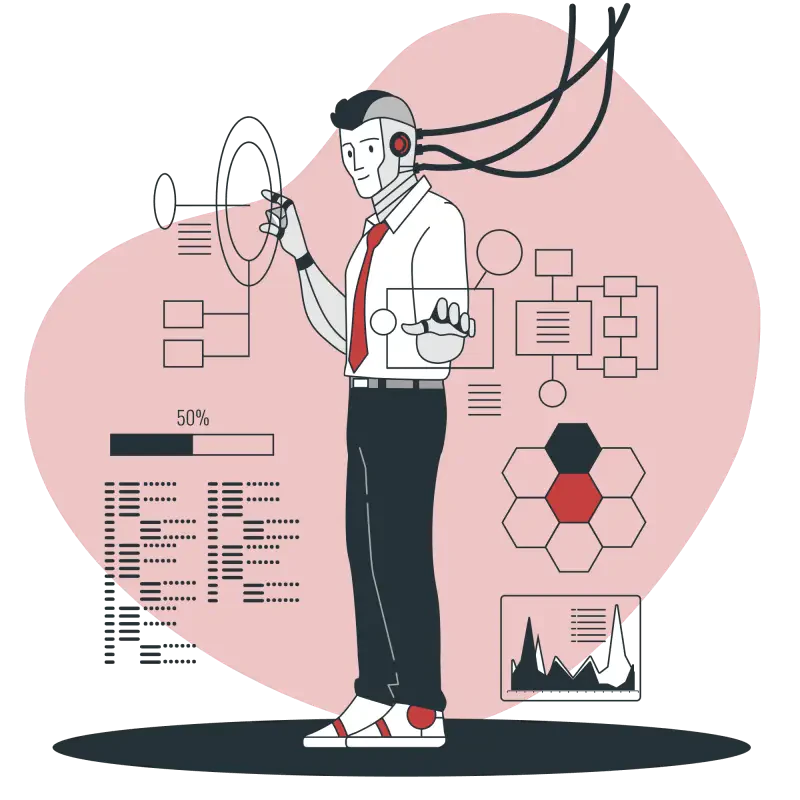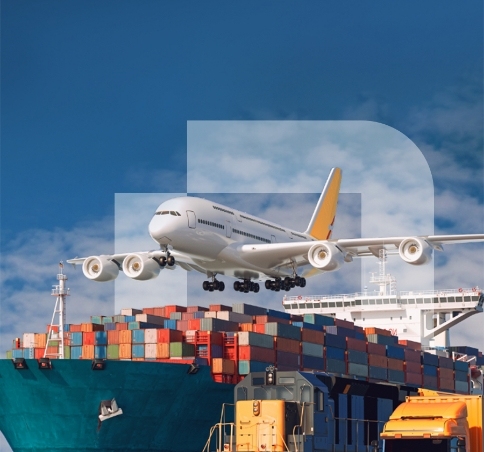News and Articles
Artificial Intelligence (AI) in Transport and Logistics Management

Revolutionizing Transport and Logistics: The Impact of AI
The transportation and logistics sector is undergoing a seismic shift, thanks to the integration of Artificial Intelligence (AI). From enhancing efficiency to driving innovation, AI is reshaping the way we think about transportation management. Let's dive into how AI is revolutionizing this industry and explore some exciting trends and real-world case studies.
How AI Transforms Transport and Logistics
AI is empowering organizations to tackle longstanding challenges with groundbreaking solutions. By leveraging AI algorithms, companies can analyze vast troves of data to optimize routes, predict demand, and streamline operations. From predictive analytics to autonomous vehicles, AI is revolutionizing every facet of transportation management, leading to heightened efficiency, reduced costs, and enhanced customer satisfaction.

Trends Shaping the Industry
AI is driving several transformative trends in transport and logistics:
- Predictive Analytics: AI-powered predictive analytics enables organizations to anticipate demand, optimize routes, and allocate resources more efficiently.
- Autonomous Vehicles: The rapid development of autonomous vehicles promises safer and more efficient transportation solutions.
- Smart Traffic Management: AI-enabled traffic management systems dynamically adjust traffic flow, reducing congestion and enhancing safety.
- Supply Chain Optimization: AI-driven supply chain optimization enhances efficiency by optimizing inventory management, logistics planning, and distribution processes.
- Customer Service Enhancement: AI-powered chatbots and virtual assistants revolutionize customer service by providing real-time updates and personalized support.
Benefits of AI Implementation
Implementing AI in transport and logistics yields numerous benefits:
- Cost Reduction: AI-driven optimization leads to reduced fuel consumption, lower maintenance costs, and improved resource allocation.
- Efficiency: AI algorithms analyze data swiftly, enabling faster decision-making and more efficient operations.
- Improved Safety: AI-powered systems can predict and prevent accidents, monitor driver behavior, and enhance overall safety.
- Enhanced Customer Experience: AI-driven technologies provide real-time updates, personalized services, and quicker response times, resulting in heightened customer satisfaction.
- Environmental Impact: Optimization of transportation routes and resources through AI reduces carbon emissions and minimizes environmental impact.

Overcoming Implementation Constraints
Despite its promise, implementing AI in transport and logistics encounters several constraints:
- Data Quality and Availability: Obtaining high-quality, real-time data can be challenging but is essential for effective AI algorithms.
- Regulatory Hurdles: Regulatory requirements, particularly for autonomous vehicles, present barriers to implementation and compliance.
- Infrastructure Requirements: Significant investment in infrastructure, including sensors, communication networks, and computing resources, is necessary for AI implementation.
- Privacy Concerns: Collecting and analyzing data raises privacy concerns regarding the use of personal information and tracking individuals.
- Skill Gap: Developing and maintaining AI solutions requires specialized skills and expertise that may be lacking in the industry.
Currently many industry aware of how to leverage AI. For example, Thailand's Department of Highways (DOH) utilizes AI for traffic management, optimizing traffic flow, and enhancing safety on roadwaysexemplify. This example of AI application is enabling organizations to overcome challenges, drive innovation, and achieve success in the retail supply chain. By embracing AI-driven technologies, companies can remain competitive and meet the evolving demands of the industry.
In summary, AI is a game-changer in the transport and logistics industry, offering unparalleled opportunities for efficiency, innovation, and growth. Despite implementation constraints, organizations can leverage AI to optimize operations, improve customer satisfaction, and drive sustainable development in the transportation sector.








